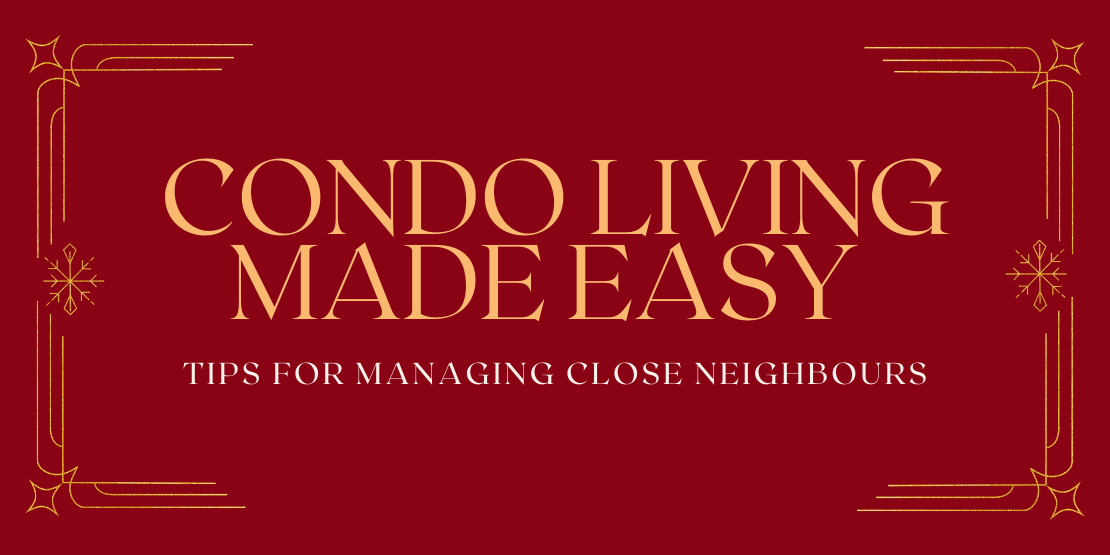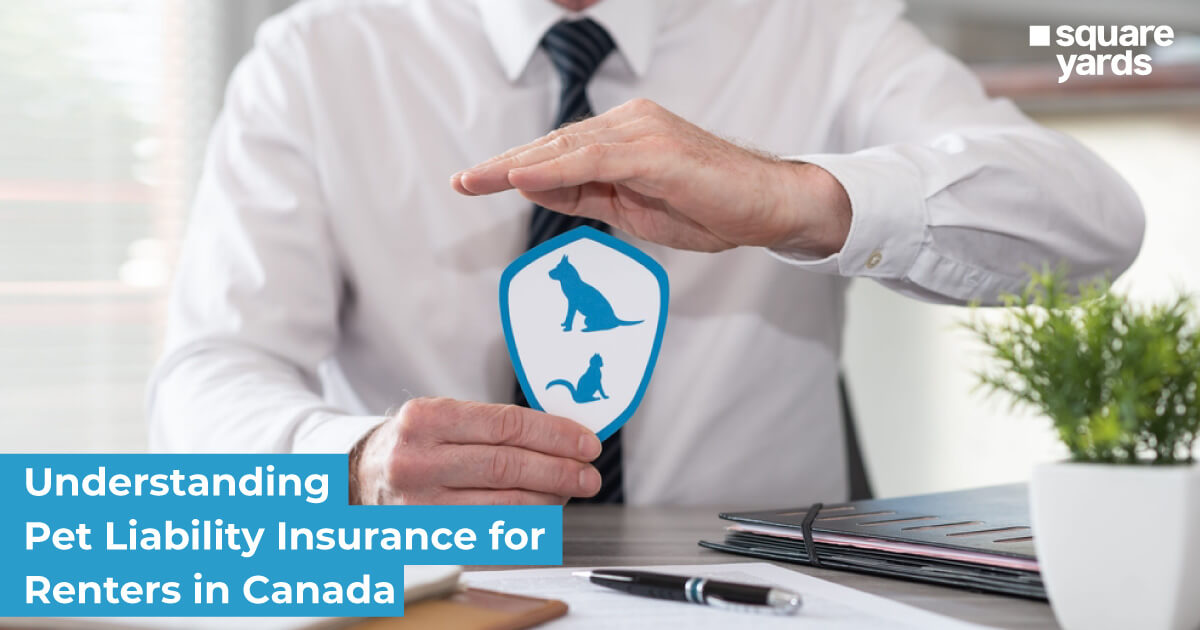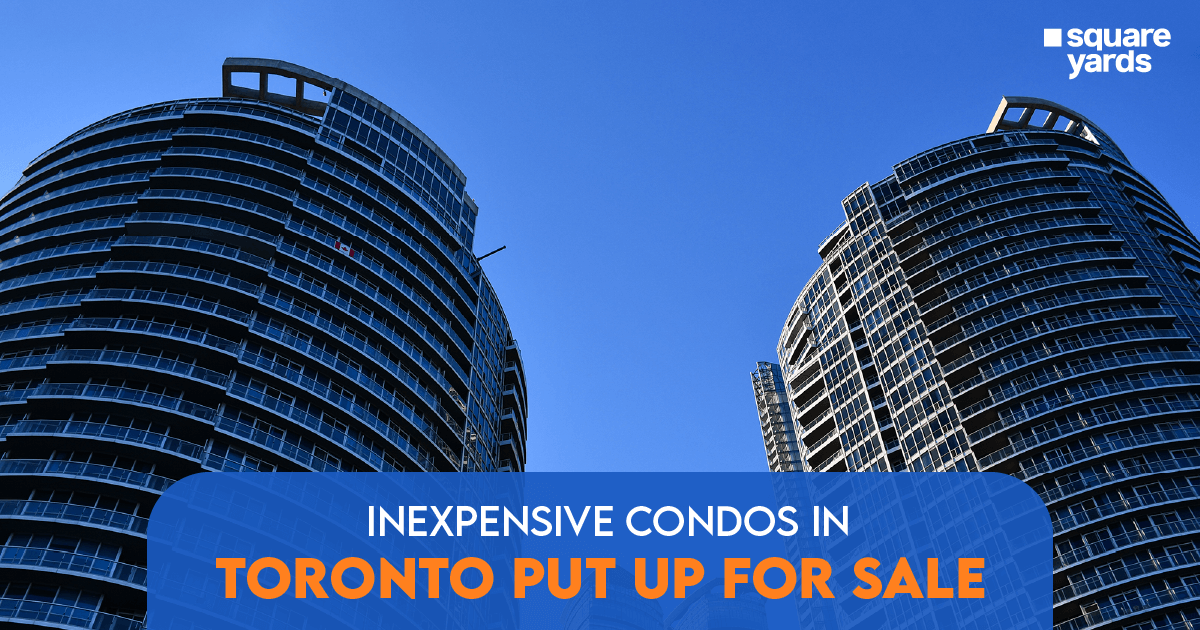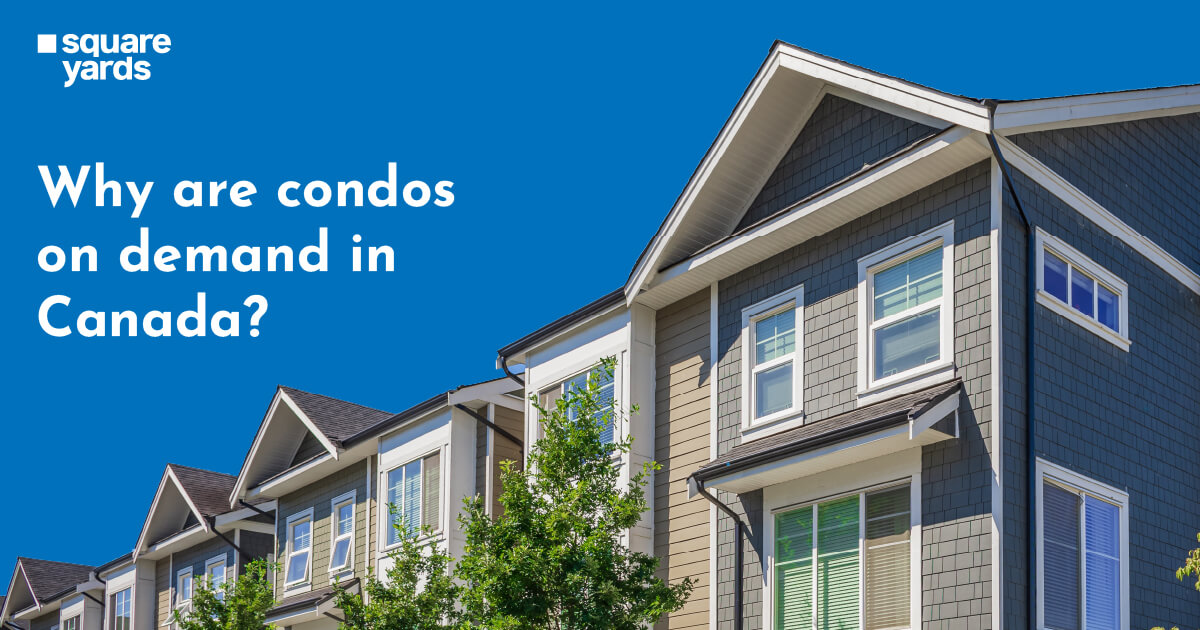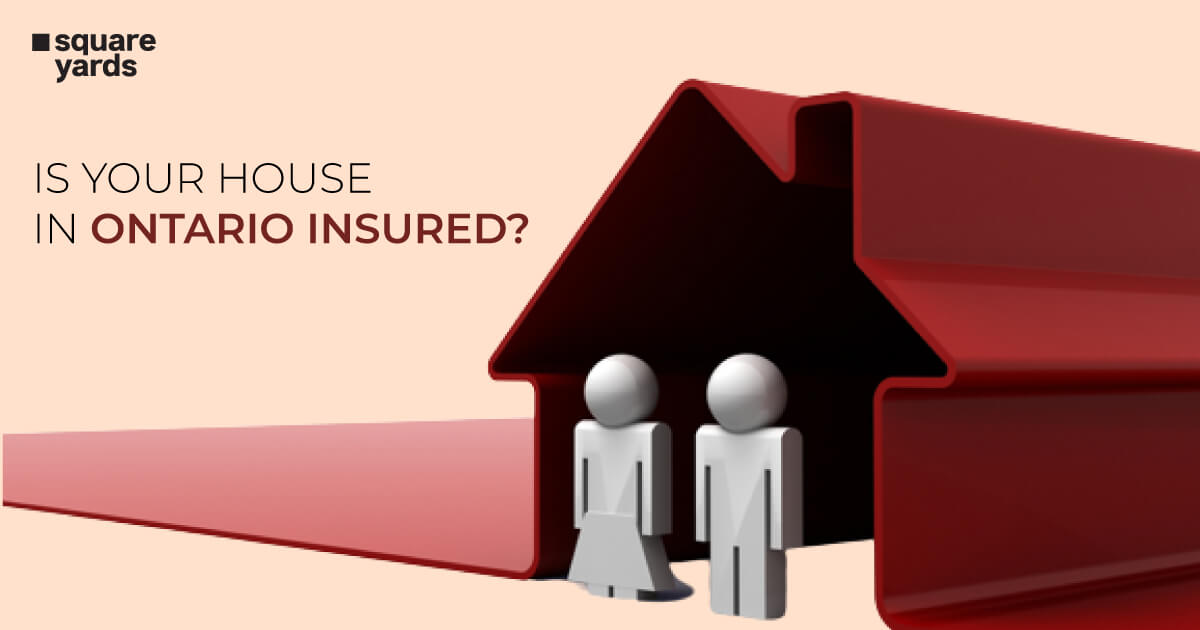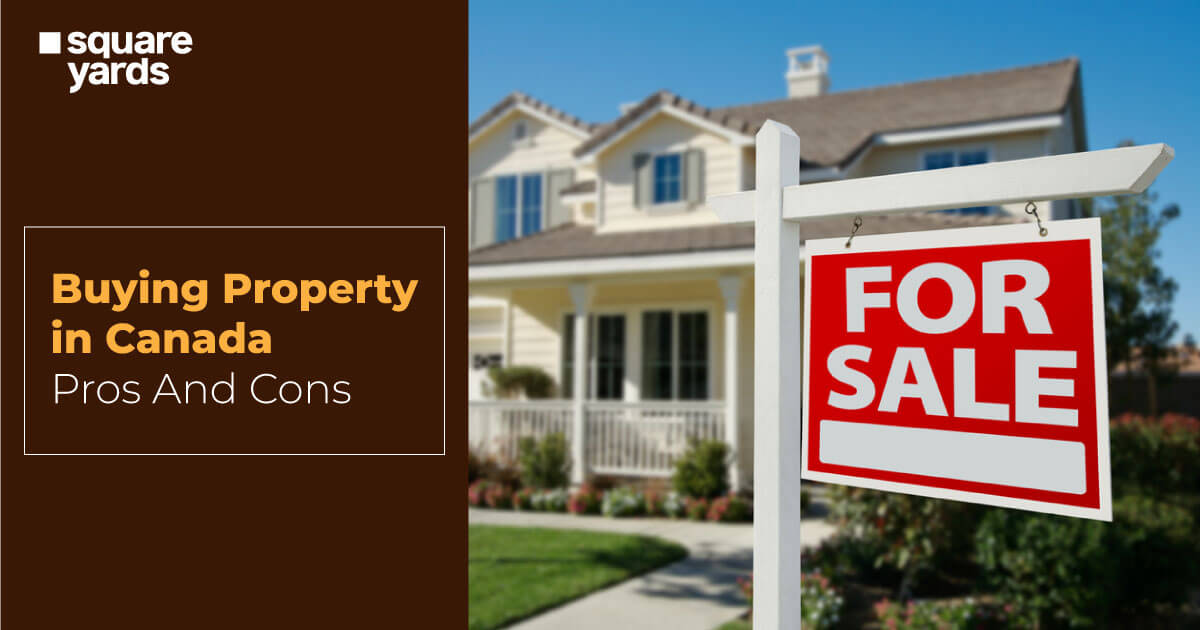You may discover numerous wonderful condos in the Canada real estate market. However, when buying property in Canada, the neighbourhood should also be taken into consideration. When staying in a locality, dealing with neighbours can get daunting. It gets even more annoying if you don’t like socialising much but have a bunch of over-enthusiastic or noisy neighbours. There are multiple instances when neighbours do not get along and have constant disputes over late-night noise, parking, or never-ending gossip. And, in those moments of dissatisfaction, your Canada real estate investment may also start to seem futile, as although the property may be good, the neighbourhood or neighbours aren’t. So, if you are planning to move to a condominium in Canada and are looking for ways to avoid disputes with neighbours, this post is for you. We have mentioned a list of ways that will help you ensure a Condo Living Etiquette and prevent unwanted situations.
Five Tips For Being The Best Condo Neighbour
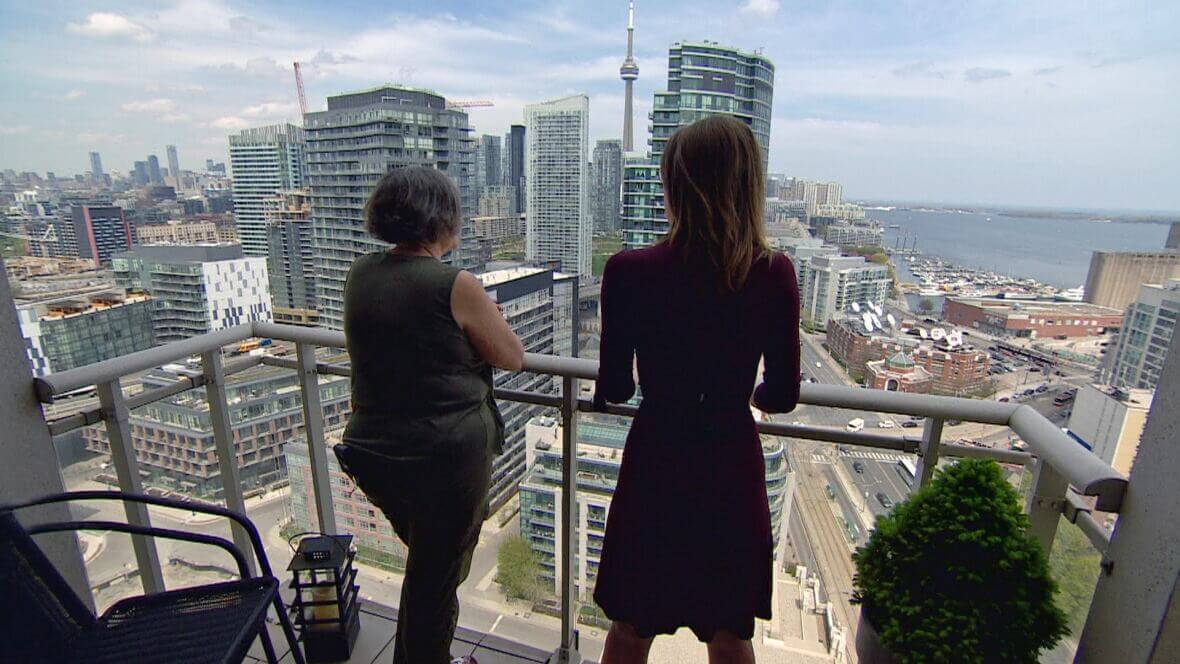
Living in a condominium community comes with its perks, including shared amenities, security, and a low-maintenance lifestyle. However, the key to enjoying condo living lies in understanding and practising condo living etiquette. Unlike detached homes, condos bring residents closer together, making respecting boundaries, communicating effectively, and maintaining good relationships essential.
By following these tips for being the best condo neighbour, you can foster a harmonious environment where everyone enjoys their living experience.
- Greet and Acknowledge Your Neighbours: A simple hello in the hallway or elevator can go a long way in building a friendly and cooperative condo community. Taking a moment to acknowledge those around you shows consideration and respect, creating a positive atmosphere within the building.
- When moving into a new condo, introduce yourself to nearby neighbours.
- A friendly nod or smile makes interactions more pleasant even if you prefer privacy.
- Avoid being perceived as unapproachable—good neighbour relationships can make condo living much easier.
- Keep the Noise Down: One of the biggest complaints in condo living is excessive noise. Because units share walls, floors, and ceilings, sound travels easily. Practising good condo etiquette means being mindful of how your noise levels affect others.
- Follow the condo’s quiet hours (typically 10 PM – 7 AM).
- Use headphones when watching TV or playing music at high volume.
- Avoid dragging furniture, stomping, or doing noisy chores like vacuuming late at night.
- If you plan to have guests over, inform your neighbours in advance to prevent misunderstandings.
Being mindful of noise is a fundamental part of being a better neighbour in a condo setting.
- Respect Shared Spaces and Amenities: Common areas such as lobbies, elevators, pools, gyms, and laundry rooms are shared by all residents, so keeping them clean and organised is essential.
- Don’t leave personal belongings in hallways, entrances, or shared facilities.
- Follow condo rules for using amenities—wipe gym equipment, clean up laundry areas, and respect time limits.
- Avoid hogging common spaces—for example, if you’re using the sauna or rooftop lounge, be considerate of others who may also want access.
By practising good condo living etiquette, you ensure that all residents can enjoy these spaces fairly.
- Be Responsible with Parking: Parking is a common source of frustration in condo buildings. Whether spaces are assigned or shared, following condo parking rules is key to avoiding unnecessary conflicts.
- Park only in your designated space—never in someone else’s spot.
- Ensure guests follow visitor parking rules to avoid disputes.
- Be mindful of fire lanes, disabled parking zones, and no parking areas.
- If a neighbour mistakenly parks in your spot, address the issue politely before escalating it to management.
Practicing parking etiquette helps maintain a stress-free environment for everyone.
- Follow Garbage and Recycling Rules: Improper waste disposal is a frequent issue in condo communities, and failing to follow garbage and recycling policies can cause tension with neighbours.
- Use designated bins and sort recyclables correctly based on condo guidelines.
- Avoid leaving garbage bags in hallways or outside your unit.
- If disposing of large items like furniture or electronics, check with management for proper procedures.
By following waste management rules, you contribute to a cleaner, more pleasant condo environment for everyone.
Buy a Condo After Talking To Your Neighbours
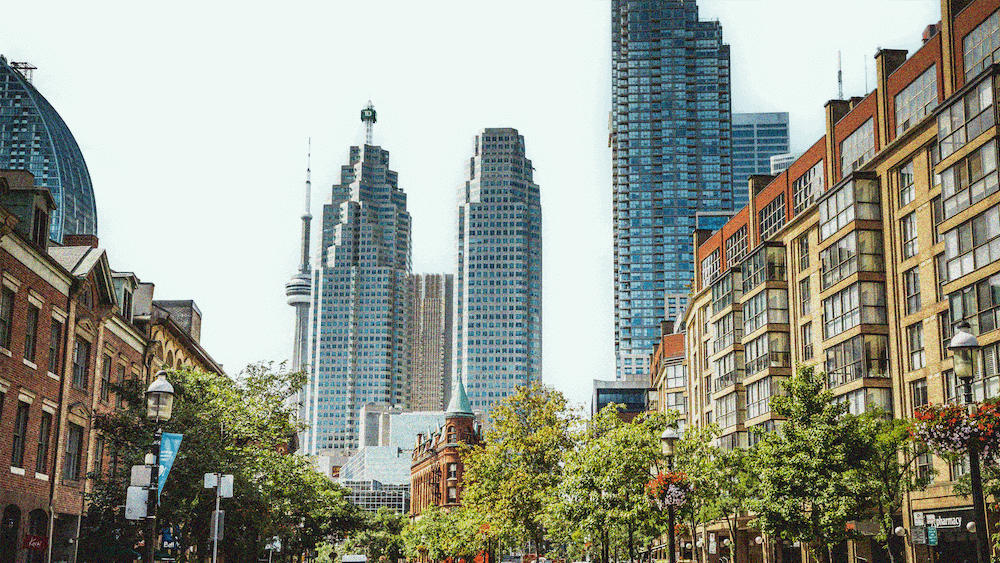
Want to buy a condo but aren’t sure if you’ll fit into the community? The best way to find out is by speaking to the people who already live there. While the unit may seem perfect, unpleasant neighbours or management issues can turn it into a nightmare. Driving through the neighbourhood at different times of the day can reveal a lot—are the common areas clean? Is there excessive noise? Are parking spaces well-managed? However, for deeper insights, talking to neighbours is the way to go.
If you’re curious to learn more, talking to the neighbours one-on-one is the best. If you’re hesitant to move into a condo, you will get a lot more clarity on condo living by having a chat with them. It helps you with information that, in turn, assists you in determining whether a condo is a compatible living option for you at all. Let’s understand this with an example. Shortly after signing the condo contract and before moving, a couple decided to meet the neighbours on both sides of their condo. On one side, the neighbours informed them about the leaky basement that causes parking problems. They thought the couple should know about it since they’d become a part of the condominium. Besides, this is one piece of information that the seller won’t disclose.
The neighbours on the other side, on the contrary, were not very friendly and didn’t seem to indulge in any conversations. However, when the couple asked them about the basement situation, they did accept the problem. Both conversations made the couple realise that maybe buying the condo wasn’t the right thing to do. They eventually decided to cancel the deal.
Questions to Ask Your Neighbours Before Buying a Home
People who already live in the building know more about the day-to-day experience than any real estate listing can tell you. If you want to avoid buyer’s remorse, asking the right questions before purchasing a condo is crucial. After all, no one wants to move into a building full of maintenance problems, unfriendly residents, or excessive noise issues.
Here are some key questions to ask potential neighbours before making your decision:
-
- How long have you lived here? This gives you insight into the community’s stability. If people don’t stay long, there may be underlying issues.
- What’s the best and worst part of living in this condo? This question will bring out hidden perks and possible downsides that may not be obvious initially.
- Do residents follow condo living etiquette? A good way to judge whether the community is friendly or if you’ll have to deal with frequent disputes.
- Is the management or condo board responsive? Poor management can lead to delayed repairs, unresolved complaints, and general frustration.
- Are there any major rules I should be aware of? Some condos have strict regulations on noise, pets, renovations, and visitor policies.
- How’s the noise level? If the walls are thin or neighbours are inconsiderate, your peaceful evenings could become a daily headache.
Why do These Questions Matter?
Condo life is different from owning a standalone house—you can’t just ignore bad neighbours or poor building conditions. If you discover frequent noise complaints, poor maintenance, or unfriendly residents, it may be a sign to look elsewhere. At the same time, if neighbours speak highly of the building, share positive experiences, and describe a respectful community, you’re likely making a good investment. Doing this simple research can help you determine if the condo suits your lifestyle and allows you to follow how to be a better neighbour from day one.
Be Prepared for the Worst
There’s no limit to the amount of information you can gather from talking to neighbours before buying a condo. However, even with all the research, unexpected issues may still arise after you move in. That’s why it’s crucial to be prepared for the worst and know how to handle challenging situations with your neighbours.
While some people are lucky to live in a respectful and friendly community, others may find themselves dealing with noisy neighbours, inconsiderate residents, or even property disputes. That’s where condo living etiquette plays a key role in resolving conflicts smoothly.
How to Handle Difficult Situations in a Condo?
Even in the best condo communities, issues can arise. Here’s what you can do when faced with challenging neighbours or community conflicts:
-
- Communicate directly and politely. If a neighbour’s behaviour is bothering you, try talking to them first instead of escalating the issue.
- Know your condo’s rules. Many condos have policies covering noise, pet ownership, parking, and shared space usage—make sure you understand them.
- Document ongoing problems. If an issue persists, keep a record of incidents in case you need to take it up with management.
- Get condo management or the board involved. If direct communication doesn’t work, seek help from the condo board or property management team to resolve disputes.
- Practice how to be a better neighbour even in tough situations—staying calm and respectful can prevent minor issues from turning into long-term conflicts.
Why Being Prepared Matters
Neighbour issues can make or break your living experience in a condo. If you fail to address problems early, they can escalate quickly, affecting your quality of life. A well-informed and proactive approach can help you maintain a peaceful and comfortable home environment while ensuring you follow tips for being the best condo neighbour.
How to Identify Bad Neighbours?
Even the most beautiful condo unit can feel like a mistake if you end up with difficult neighbours. While some issues can be minor inconveniences, others—such as constant noise, lack of respect for shared spaces, or an uncooperative community—can turn into long-term frustrations.
Before buying a condo, it’s wise to identify potential red flags and spot bad neighbours early.
-
Poor Property Maintenance
A well-kept condo community reflects responsible management and considerate residents. Signs of neglect may indicate that people don’t respect shared spaces or that management is ineffective. Look out for:
-
- Litter in hallways, corridors, or common areas.
- Damaged elevators, gym equipment, or poorly maintained pools.
- Unkempt balconies, overflowing trash bins, or neglected landscaping.
-
Too Many Vacant Condos
If a condo building has a high number of vacant units, it might signal deeper issues like poor management, noise problems, or declining property value. Some things to check:
-
- Are the empty units well-maintained, or do they look abandoned?
- Are there signs of long-term vacancies, like dusty windows or neglected mailboxes?
- Is the condo association struggling financially due to unpaid fees from absent owners?
-
Disrespect for Shared Spaces
Not all neighbours understand the importance of condo etiquette. Some may treat common areas as if they were their personal property, causing inconveniences for others. Warning signs include:
-
- Leaving personal belongings in hallways or blocking entryways.
- Ignoring gym etiquette—like not wiping down equipment.
- Letting pets roam off-leash in shared spaces.
-
Poor Security and Community Engagement
A safe and friendly condo community is one where residents look out for each other. If people fail to report security concerns or don’t follow entry protocols, it can put everyone at risk.
Before buying, ask:
-
- Are building security measures in place and enforced?
- Do residents follow access rules, or do they allow strangers to enter?
- Have there been recent security concerns in the building?
If people ignore basic safety precautions, it’s a major red flag. Living in a condo means you’re sharing a space, and how to be a better neighbour starts with being responsible for community safety.
-
Proximity to Undesirable Community Services
While many community services are essential, living too close to certain facilities can negatively impact your quality of life and property value. These include:
-
- Landfills or waste disposal sites – Can cause unpleasant odours and attract pests.
- Industrial zones or power plants – This may bring pollution, high noise levels, and safety concerns.
- Busy highways or airports – Increased traffic congestion and constant background noise.
A condo near undesirable locations may experience a drop in property value over time. If you’re buying a condo as an investment, it’s best to avoid areas with declining demand.
-
Future Development and Zonal Changes
A quiet neighbourhood today could turn into a commercial hotspot tomorrow. While some developments can increase property values, others may bring unwanted noise, traffic, and disruption.
Before buying a condo, check:
-
- Are there upcoming major projects nearby? New malls, office towers, or highways could impact the area.
- Has the zoning changed recently? A shift from residential to mixed-use zoning could mean more commercial activity.
- What do current residents say? Locals often know about planned changes before they’re officially announced.
Doing this research helps prevent surprises and ensures you’re investing in a stable neighbourhood where you can comfortably follow tips for being the best condo neighbour.
Final Thoughts
Living in a condo has many perks, including modern amenities, a sense of community, and a low-maintenance lifestyle. However, the experience depends just as much on the neighbours and environment as it does on the unit itself. That’s why practising condo living etiquette is crucial to maintaining peaceful and respectful relationships with those around you. Before buying a condo, take time to research the neighbourhood, talk to residents, and assess the management. Even a well-designed unit can become frustrating with disruptive neighbours or unresolved maintenance issues. By following these tips for being the best condo neighbour, you contribute to a friendly and cooperative community. A little consideration goes a long way in making condo living enjoyable for everyone.
You May Also Read :
|
Know The Best Neighbourhoods in Oakville |
|
|
List of Places To Stay in Montreal |
|
|
Guide To Best Neighbourhoods in Halifax |
|
|
All The Neighbourhoods in Milton Ontario |
Frequently Asked Questions (FAQs)
Why do people prefer to live in a condo?
People prefer condos over houses because they are less expensive. The space, of course, is limited, but they are the perfect choice for those looking for a cost-saving and convenient lifestyle in a big country like Canada.
Is investing in a condo a good investment option in Toronto?
Canada real estate is expensive but also a market that offers the best gains. Going by the survey reports from the last decade, the growth rate of Canada real estate (one of the main cities in Canada) is between 5-10% which is quite profitable.
Is living in a condo a safe option?
Yes. In fact, a lot of people think that condo living is a lot safer than house living because of safety reasons such as better security, a single point of entrance, and more.
What are the pros and cons of condo living?
Less maintenance, great amenities, proximity to city life, and cost-effectiveness are some of the best benefits of condo living. The downsides, however, include a lack of privacy, difficulty in selling, and strict rules and regulations.
How to handle inconsiderate neighbours?
Dealing with inconsiderate neighbours requires a calm and direct approach. Start by politely addressing the issue with them—many people don’t realise they’re causing a disturbance. If the problem persists, check your condo living etiquette guidelines and report the issue to building management or the condo board. Keeping written records of ongoing disturbances can also help if formal action is needed.
What are the Benefits of Good Condo Etiquette?
Practicing good condo etiquette fosters a peaceful and respectful community. It reduces conflicts, improves shared space maintenance, and creates a more enjoyable living environment. By following tips for being the best condo neighbour, you contribute to a harmonious atmosphere where everyone can coexist comfortably.
Can one Manage Close Neighbours Without a Condo Board?
Yes, managing close neighbours without a condo board is possible with open communication and mutual respect. If conflicts arise, try resolving them through direct discussions before seeking external intervention. Setting clear boundaries, following condo rules, and practising how to be a better neighbour can help maintain positive relationships even without formal oversight.

